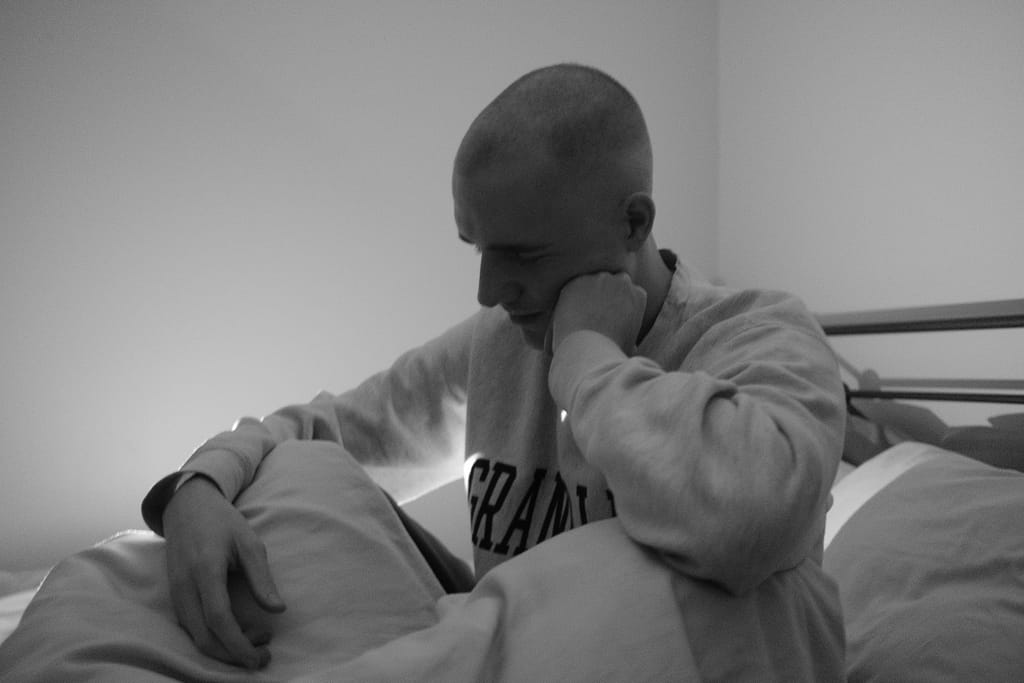
By Ashton York
Sleep plays an important role in everyone’s lives. Most people are taught from a young age that they need enough hours of sleep, especially on school nights, but they are not always taught why it is so important.
One of the most important things to a college student’s success is sleep. It is not limited to just weekdays, but is beneficial to maintain a regular sleep schedule even on the weekends.
Sleep affects many things besides how tired one feels the next day. Most people know that lack of sleep can lead to lower academic and physical performance, but even things like pain sensitivity can change based on one’s sleep schedule, according to The New York Times.
Although research has yet to fully discover why loss of sleep heightens pain reactivity, studies show that just one night of sleep deprivation can reduce one’s pain tolerance by over 15%.
It is common belief that everyone should get eight hours of sleep each night, but it is not the same from person-to-person. The ideal amount ranges from seven to nine hours.
A big focus in sleep labs is sleep continuity and sleep duration, said Harrison Dickens, a clinical psychology doctoral student. Dickens also assists with the University of Arkansas Sleep and Stress Research Lab.

“Are you sleeping in one big chunk?” Dickens said. “How many times are you waking up? Are you staying awake? Those are things, at least in the lab, that we can measure pretty well.”
Polysomnography is used in sleep studies to keep track of bodily functions as one is sleeping or trying to sleep. The researchers place electrodes on participants’ heads to pick up on signals like electroencephalogram (EEG), heart rate and determine if eyes are twitching, Dickens said.
Polysomnography helps to determine how much time is spent in sleep stages and if the participant is actually asleep or not.
While many believe that caffeine has the largest effect on sleep quality for college students, it is actually stress that has the most impact. Studies have shown that symptoms of depression, anxiety and ADHD can both cause sleep deprivation and be increased by it.
Even if one does not realize it, higher stress levels can make the body enter fight-or-flight, according to NPR. Stress hormones like cortisol and adrenaline are activated, which makes it hard to fall and stay asleep.
People with lower stress levels find it easier to fall back asleep when they have woken up in the middle of the night, but those with high stress tend to stay awake much longer.
Not only is it vital to get enough sleep, but practicing better sleep hygiene is also important. Sleep hygiene is defined as environmental conditions and habitual behaviors affecting sleep, according to The Washington Post.
Finding a steady daily routine before bed helps one’s sleep become consistently better quality. Things such as going to bed at the same time each night, avoiding caffeine and electronics in the evening and lowering the lights trains the body to release melatonin at the right time and contributes to more restful sleep.

Even indirect exposure to some electronics can make it more difficult to sleep. If enough blue light reaches the eye, the body can stop releasing melatonin.
Based on parent reporting, sleep quality was better in children who always turned their devices off before bed, according to The Washington Post. Nearly half of the respondents reported excellent sleep quality as opposed to the 25% who sometimes left devices on.
For those who deal with insomnia, it may be tempting to stay in bed longer, nap during the day, or go to bed earlier the day after getting bad sleep. However, addressing the problem in this way can make it worse.
A lot of advice involving insomnia is very counter intuitive, Dickens said.
Following a steady cycle improves circadian rhythm and allows the body to perform at its best, benefiting both cognitive and physical abilities. Students who have poorer sleep habits are more likely to struggle with their course load and reach their full academic potential, according to The New York Times.
A national study showed that just one night of poor sleep makes a student 10% more likely to drop a course. This study also acknowledged other factors that may influence academic success.
“Do what you can to get through the day and just try to go to bed again at the same time instead of trying to compensate and sleep longer the next day,” Dickens said. “Because every time we do a behavior like that, it affects the next day and we get into cycles where that can be problematic.”
Getting good quality sleep is a significant predictor of academic performance, and students should aspire to keep their sleep habits in check. Sleep impacts not only academics, but also stress and physical well-being.